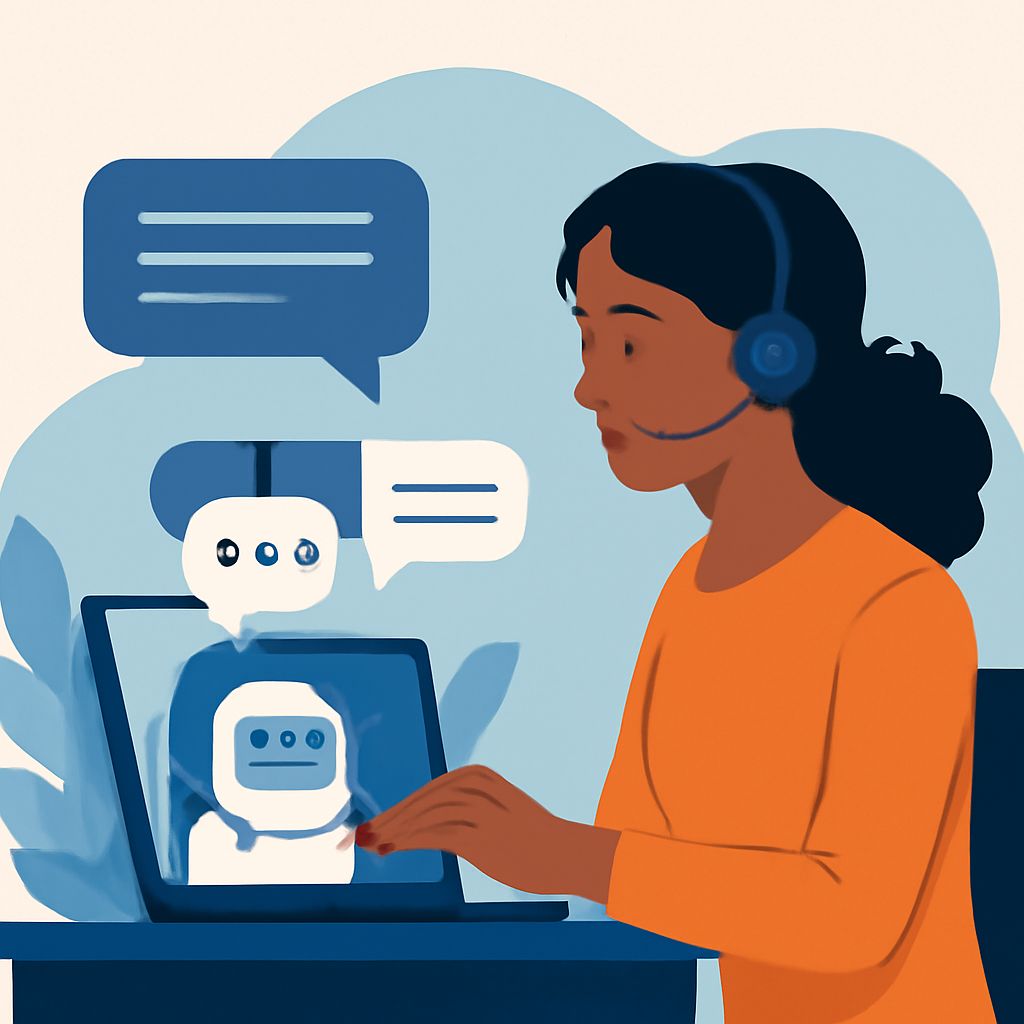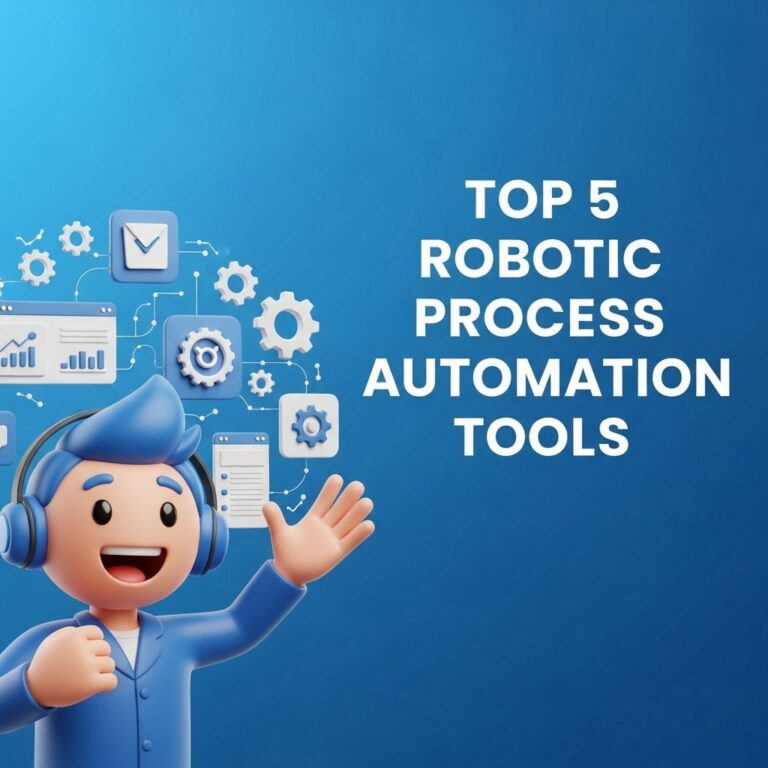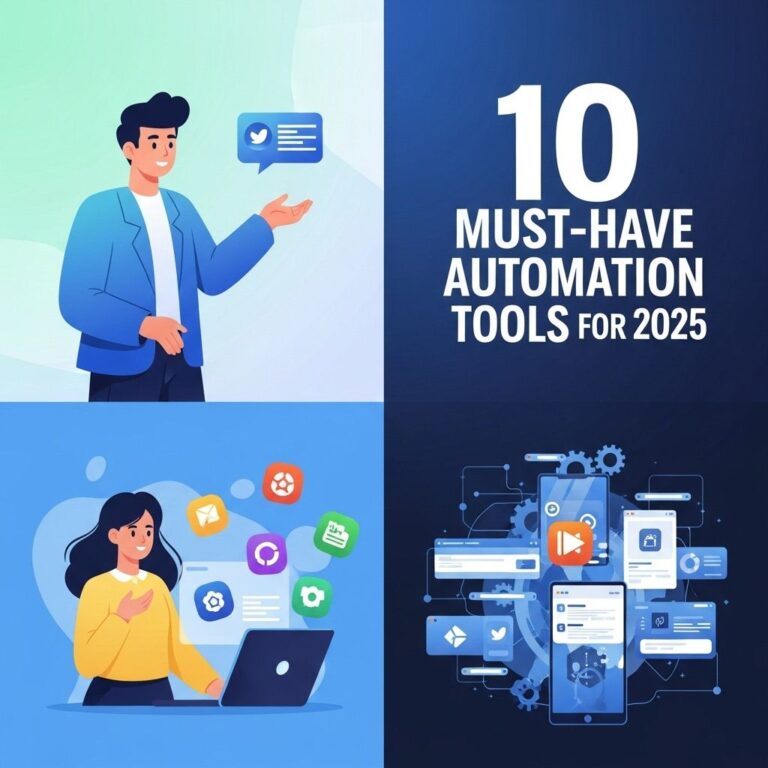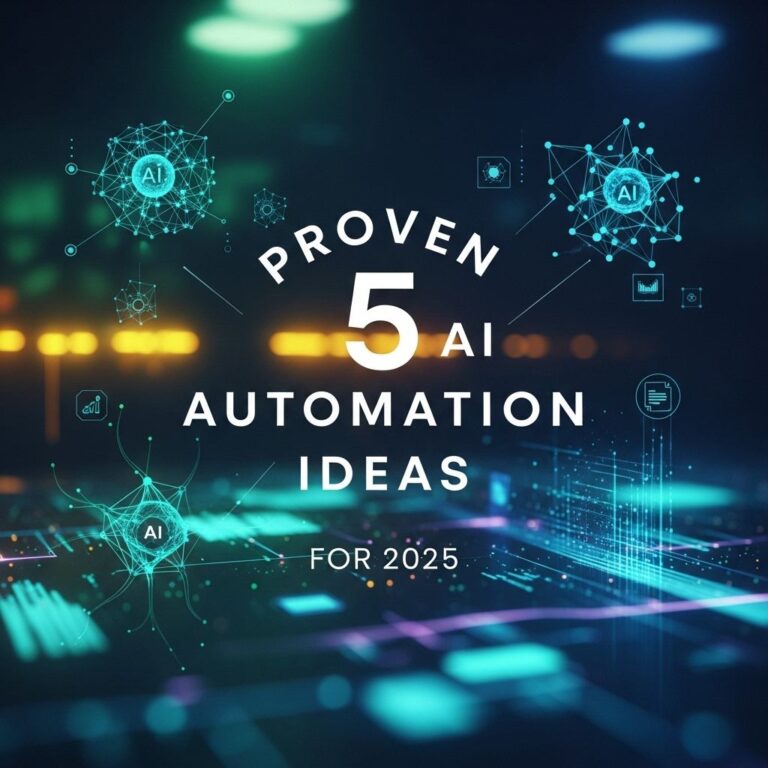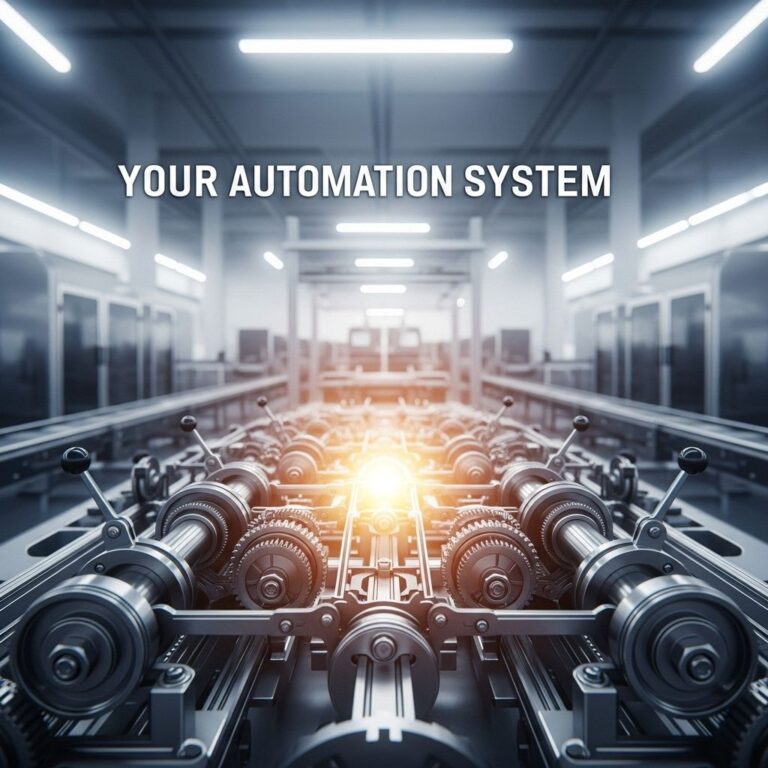Table of Contents
The Evolution of Customer Service
Customer service has always been the bridge between companies and their customers, ensuring satisfaction, resolving issues, and building lasting relationships. Traditionally, this was done through face-to-face interactions and phone calls. However, as technology evolved, so did the means of communication. Enter the digital age, where emails and web forms became the norm, and now, the rise of chatbots marks a significant leap towards automation in customer service.
Revolutionizing customer service has become a focal point for many businesses, and chatbot automation plays a crucial role in this transformation. By implementing AI-driven chatbots, companies can enhance response times and provide consistent support, effortlessly navigating customer inquiries. To elevate branding efforts, consider exploring realistic logo mockup examples that demonstrate how your brand can stand out in a competitive landscape.
The Emergence of Chatbots
Chatbots are software applications that simulate human-like conversations. They leverage technologies such as artificial intelligence (AI) and natural language processing (NLP) to understand and respond to customer inquiries efficiently. These virtual assistants have transformed the way businesses handle customer interactions, providing numerous advantages over traditional methods.
Benefits of Chatbot Automation
- 24/7 Availability: Unlike human agents, chatbots are available round the clock, providing immediate assistance to customers irrespective of time zones.
- Cost-Efficiency: By automating repetitive tasks, chatbots significantly reduce the operational costs associated with hiring and training additional customer service representatives.
- Scalability: Chatbots can handle multiple inquiries simultaneously, scaling up or down based on demand without compromising on response time.
- Consistency: Chatbots provide uniform responses to customer queries, ensuring consistency in service quality and information provided.
- Data Collection and Analysis: As chatbots interact with customers, they collect valuable data which can be analyzed for insights into customer preferences and behavior, aiding in more strategic business decisions.
How Chatbots Enhance Customer Experiences
Chatbots enhance customer experience by making interactions more engaging and seamless. Here’s how they achieve that:
- Instant Responses: Customers today expect swift responses to their queries. Chatbots excel at delivering instant replies, improving overall customer satisfaction.
- Personalization: Advanced chatbots use AI to personalize interactions by remembering past interactions and preferences, thereby offering a more tailored service.
- Seamless Integration: Integrating with other digital platforms like CRM systems and social media, chatbots ensure a cohesive and unified customer journey across channels.
Industries Benefiting from Chatbot Automation
Virtually every industry stands to gain from chatbot automation. However, some have seen particularly transformative impacts.
| Industry | Application |
|---|---|
| Retail | Assisting with product inquiries, order tracking, and personalized shopping experiences. |
| Banking | Providing account information, transaction support, and fraud detection alerts. |
| Healthcare | Managing patient inquiries, appointment scheduling, and symptom checking. |
| Travel | Offering booking services, itinerary updates, and travel recommendations. |
Challenges in Implementing Chatbot Automation
Despite the evident benefits, implementing chatbot automation comes with its challenges.
- Complex Queries: Chatbots may struggle with understanding and resolving complex customer issues that require human judgment and empathy.
- System Integration: Integrating chatbots with existing systems and databases can be a technical challenge, requiring significant upfront investment and time.
- User Acceptance: Some customers may prefer human interaction and view chatbots as impersonal, potentially impacting overall user experience.
The Future of Chatbot Automation
The future of chatbot automation looks promising as technology continues to advance. With improvements in AI and NLP, chatbots will become even more adept at understanding and interacting with humans in a natural, human-like manner. We can anticipate more sophisticated features like enhanced emotional intelligence, multilingual capabilities, and deeper integration with the Internet of Things (IoT) devices.
Moreover, as businesses continue to digitize, the role of chatbots will expand beyond customer service to encompass various aspects of operations, such as marketing and sales support, making them an indispensable tool in the digital transformation journey.
Conclusion
In conclusion, chatbot automation is revolutionizing customer service by providing immediate, cost-effective, and personalized interactions. As the technology matures, its potential to enhance customer experiences and streamline business operations will only grow. For businesses willing to embrace this innovative technology, the rewards are substantial, offering a competitive edge in today’s fast-paced digital landscape.
FAQ
What is chatbot automation in customer service?
Chatbot automation in customer service refers to the use of AI-powered bots to handle customer inquiries, provide instant responses, and perform tasks without human intervention, thereby improving efficiency and customer satisfaction.
How do chatbots improve customer service?
Chatbots improve customer service by providing 24/7 availability, reducing wait times, handling multiple queries simultaneously, and offering personalized interactions, which enhance customer satisfaction and loyalty.
What are the benefits of using chatbots for businesses?
Businesses benefit from using chatbots by reducing operational costs, improving customer engagement, streamlining processes, and gathering valuable data insights to enhance services and products.
Can chatbots handle complex customer queries?
While chatbots are excellent for handling routine and straightforward queries, they may struggle with complex issues that require human empathy and judgment. However, advanced AI developments are constantly improving their capabilities.
Are chatbots secure for handling customer data?
Yes, chatbots can be secure for handling customer data as long as they are designed with robust security measures, comply with data protection regulations, and undergo regular security audits to prevent breaches.
How do I integrate a chatbot into my customer service system?
Integrating a chatbot into your customer service system typically involves selecting a suitable platform, customizing the bot to fit your needs, training it with relevant data, and continuously monitoring and updating its performance.

